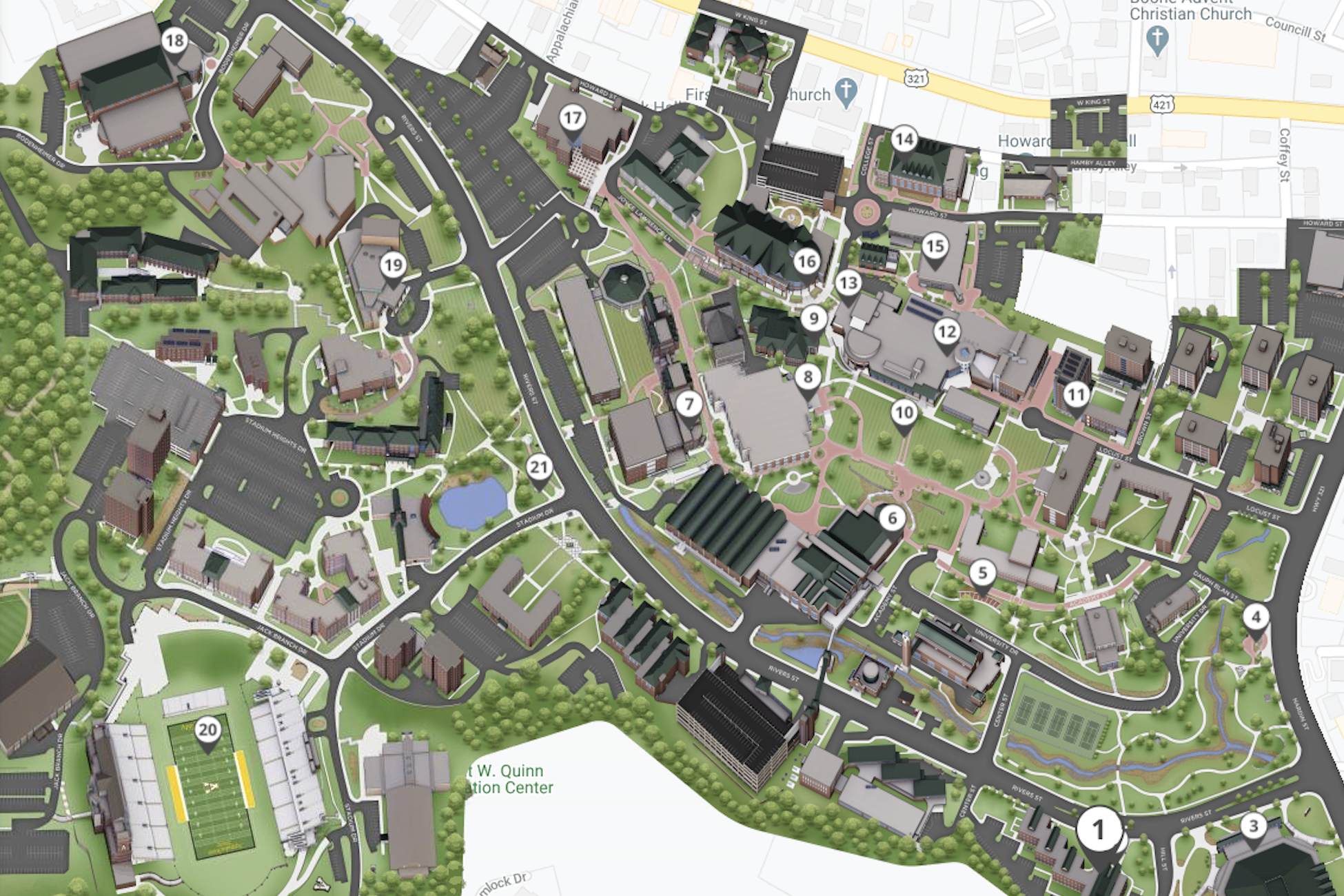Security is a critical aspect of crypto mining. Miners face several potential risks, including cyberattacks, hardware theft, and network manipulation. This article explores how miners protect their operations to ensure the security of their investments and data.
1. Protecting Hardware from Theft
Mining hardware is expensive, making it a prime target for theft. To protect their equipment, miners use physical security measures such as surveillance cameras, access controls, and secure storage facilities. In some cases, miners also use remote monitoring tools to keep track of their hardware.
2. Preventing Cyberattacks
Crypto miners are also vulnerable to cyberattacks, including malware, phishing, and hacking attempts. To protect their operations, miners use strong passwords, encryption techniques, and firewalls. Regular software updates and security patches are essential for keeping systems safe from vulnerabilities.
3. Network Security
To prevent attacks on the blockchain, miners need to ensure that their connections to the network are secure. Many miners use Virtual Private Networks (VPNs) and other security protocols to ensure that their transactions are encrypted and protected from third-party interference.
Conclusion
Crypto mining security is a multi-faceted issue that requires miners to take both physical and digital precautions. By implementing proper security measures, miners can safeguard their operations and ensure the safety of their investments.
These articles cover a range of topics related to Bitcoin mining, crypto miners, and crypto mining machines. They provide insights into how mining works, the hardware involved, profitability, environmental concerns, and future trends. Let me know if you need further adjustments!







